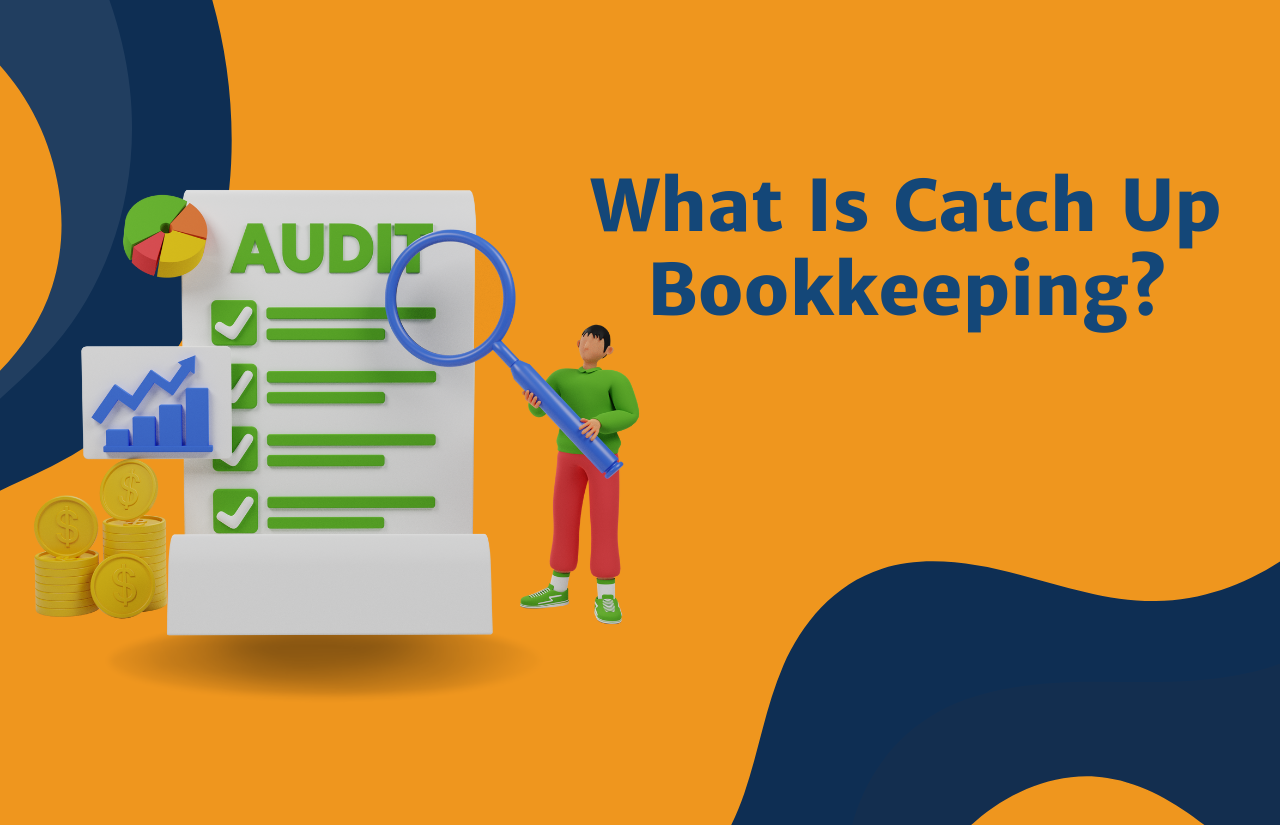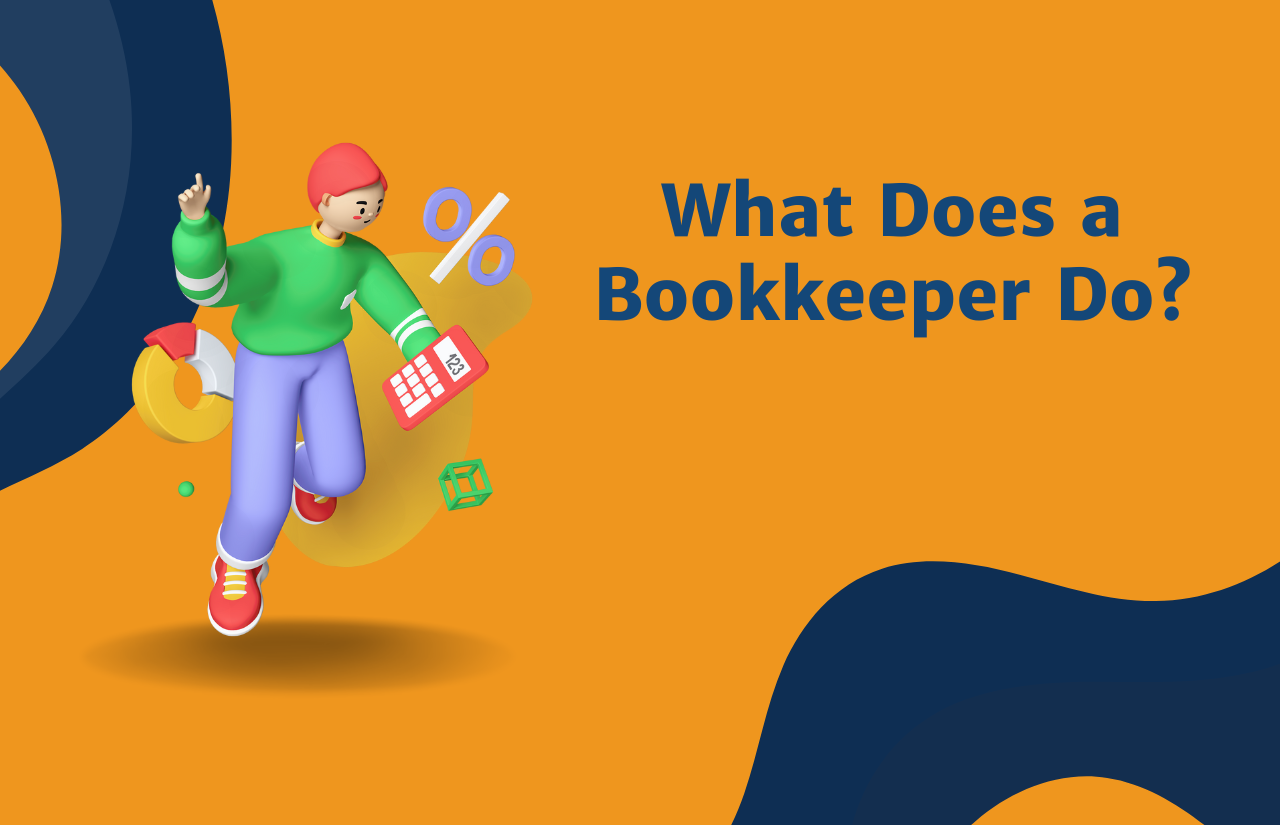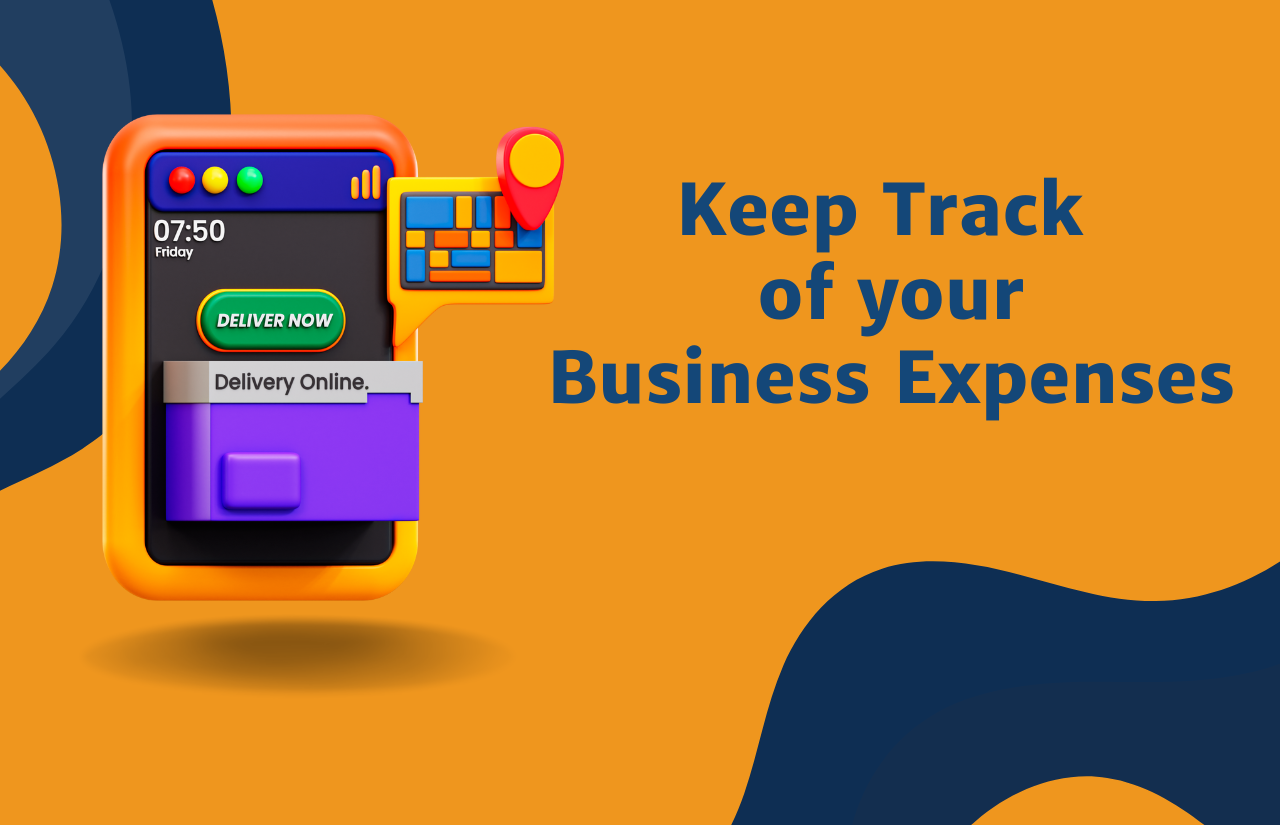Catch-up bookkeeping is the process of updating and organizing financial records that have fallen behind. It is useful for business owners who haven’t been keeping up with their bookkeeping process, amidst busy work schedules, managing employees or other business-related responsibilities.
Accurate bookkeeping not only provides an accurate picture of your business’s financial health but also ensures compliance with the IRS. Poor bookkeeping can lead to missed deductions, tax penalties, and other legal issues.
For example, if a business owner falls behind on tracking expenses or fails to reconcile bank accounts, catch-up bookkeeping can help them organize their financial records and reconcile discrepancies.

Investing in catch-up bookkeeping services or working with a team of bookkeepers or financial professionals can save time, ensure accuracy, improve cash flow, and assist with making informed business decisions.
What Is Catch Up Bookkeeping?
Catch up bookkeeping is the process of getting business accounting records up to date after missing out on bookkeeping tasks for some time. It provides an array of benefits to business owners who need an accurate picture of their financial health to make profitable business decisions and ensure IRS compliance.
Catch up bookkeeping is essential when a business records paper receipts, vendor receipts, bank statements, and credit card statements, making it easier to track business expenses, vendor accounts, accounts receivable, and accounts payable.
Neglecting bookkeeping for a while can lead to poor cash flow, bad debt expenses, and reconciliation discrepancies. Catch up bookkeeping helps to detect and correct such errors before they turn into serious issues.
Tend to avoid these bookkeeping mistakes.
If you haven’t kept up to date with your bookkeeping, catch up bookkeeping is the solution you need.

TIPS: – Explore this and many other topics on Quora
- Use this hashtag : #catchupbookkeeping
When Does Your Business Need to Catch Up Bookkeeping?
As a business owner, it is important to maintain accurate financial records to ensure tax compliance, avoid potential government penalties, and make informed financial decisions. However, even the most organized business can fall behind on their bookkeeping.
Catching up on your accounting records not only provides an accurate picture of your financial health but also serves as a foundation for your business plan. When migrating to a new software system, preparing for tax season, or encountering poor cash flow, it may be time to catch up on your bookkeeping.
Incomplete records can lead to incorrect financial reporting and incomplete stakeholder reporting. Hiring professional bookkeeping services or getting a team of bookkeepers can help reconcile discrepancies and produce accurate financial reports. Stay on top of your finances to ultimately benefit your business in the long run.
Behind on Bookkeeping? 7 Easy Ways to Catch Up FAST
As a business owner, it’s easy to fall behind on bookkeeping. Yet, it’s crucial to keep accurate records for tax season and overall financial health.
Keeping track is important.
Don’t worry; catching up doesn’t have to be a daunting task. Here are seven easy ways to catch up on your bookkeeping quickly and efficiently.
Distinguish Personal from Business
It’s crucial to distinguish personal expenses from business expenses when handling your company’s bookkeeping. Separating your accounts at the outset helps track business finances and avoid liability issues.

With separate accounts, you can properly deduct business expenses, build a business credit history, and limit personal liability for business debts. Keeping separate accounts also simplifies tax preparation, aids cash flow management, and yields accurate financial statements.
Practical ways to ensure personal and business accounts stay separate include opening a distinct business bank account, maintaining precise records, and learning to differentiate between personal and business expenses for tax purposes.
Proper separation of expenses is the first step in successful bookkeeping that ultimately contributes to improved financial health for your business.
Business Bank Account
One of the best ways to keep your bookkeeping up to date is by opening a business bank account. Start by researching different banks in your area and comparing their fees.
Once you’ve found one that fits your needs, open a business checking account and use it solely for all business-related transactions.
Keeping both paper and digital copies of your transaction records is crucial for proper record keeping. Be sure to keep track of all income, expenses, and any associated fees. It’s important to reconcile your bank account statements regularly to ensure that your records are accurate.
By using a business bank account, you’ll be able to streamline your bookkeeping process and have a more accurate picture of your company’s financial health.
Digital Receipts
Keeping track of paper receipts can be overwhelming, especially for businesses with multiple purchases each day.
That’s where digital receipts come in. Digital receipts are a powerful tool in bookkeeping that can help businesses manage their finances more efficiently. Compared to paper receipts, digital receipts offer superior storage and organization options and can be easily backed up and accessed from the cloud.
Receipt Bank is one such mobile app and software that can simplify the process of entering and categorizing receipts into your accounting system. Incorporating digital receipts in bookkeeping can reduce clutter, improve accuracy, and save time.
By digitizing the accounting process, businesses can have a clearer, more accurate picture of their financial health, making it easier to make informed business decisions.
Digital Paperwork
For many small business owners and entrepreneurs, bookkeeping and other financial tasks can feel overwhelming and time-consuming.
Many of these tasks require extensive paperwork, from receipts and invoices to credit card statements and bank records. Fortunately, with the rise of digital technology, it’s now easier than ever to manage and organize all of these important documents.
Digital paperwork refers to the process of digitizing all of your financial paperwork. This can include scanning physical documents, converting them to digital files, and organizing them in a cloud-based storage system.
By going digital, you can streamline your bookkeeping process and avoid the headaches and hassles of traditional paperwork.
One of the biggest advantages of digital paperwork is efficiency. With all of your important documents stored electronically, you can quickly search and find what you need, without having to sift through stacks of paper. Plus, you can access your digital files anywhere, from your laptop or mobile device, which makes it easy to stay on top of your finances even when you’re on-the-go.
Another benefit of digital paperwork is accuracy. With traditional paperwork, it’s easy to misplace or lose documents, or to make mistakes during the recording and reconciliation process. Digitizing your paperwork eliminates these risks by providing a centralized, organized system for all of your financial documents.
But perhaps the biggest advantage of digital paperwork is its integration with other financial tools and technologies.
By using accounting software and other digital tools, you can automatically capture and record important financial data, making it easy to generate reports, track cash flow, and make informed decisions about your business.
Plus, you can work with professional bookkeepers and tax professionals, who can easily access your digital paperwork and provide expert advice and guidance.
In today’s fast-paced, digital world, digital paperwork is quickly becoming the norm for small business owners and entrepreneurs. By embracing this technology, you can streamline your bookkeeping process, increase efficiency and accuracy, and gain a better understanding of your financial health.

Accounting Software
Accounting software is an essential tool for keeping track of your business finances. With numerous software packages available, bookkeeping becomes easy and efficient, minimizing the chances of errors.
Some of the most popular accounting software are QuickBooks, Xero, and Sage. These platforms help users extract data from digital documents, providing a snapshot of their business’s financial health. Additionally, these platforms analyze the data and generate accurate financial reports.
We created an ultimate guide for the best bookkeeping software.
This feature allows users to spot trends over time, enabling them to make informed decisions about their business. By using accounting software, business owners can optimize their bookkeeping process and gain an accurate picture of their company’s financial health.
Invoices
To catch up on your bookkeeping, you need to manage and organize your business’ invoices. Start by identifying the period of time you need to cover and gather all invoices on your computer or in physical copies.
Also, keep records of outstanding invoices and bad debt expenses. Track invoices and payments to ensure you’ve sent and received payment for all invoices. Set reminders and follow up on overdue payments to avoid bad debt expenses.
Ensure you understand your company’s accounting method (cash or accrual) and record invoices accordingly. Properly keeping records of your invoices will help you with tax returns. Don’t overlook your invoices when catching up on your bookkeeping.
How Much Does It Cost?
When it comes to catch-up bookkeeping, the cost can vary greatly depending on the complexity and length of the task. Hiring a professional bookkeeper can range from $20 to $100 per hour, depending on the expertise required.
For example, catching up on a few months of bank statements and business expenses may only cost a few hundred dollars. However, catching up on a year’s worth of financial records and reconciling discrepancies could cost thousands of dollars in bookkeeping services.
Alternatively, catching up on your books yourself could potentially save you money, especially if you have bookkeeping experience.
However, it’s important to consider the value of your time and the potential cost of errors. After all, accurate bookkeeping can provide an accurate picture of your company’s financial health and help inform important business decisions.
Who Is the Best Person to Catch Up With My Books?
As a business owner, catching up on your bookkeeping can be overwhelming. You have two options – hiring an in-house team or outsourcing to a professional bookkeeping service.
An in-house team can provide you with better control over the bookkeeping process. However, an outsourced team can provide a fresh perspective and save you money on payroll.
When it comes to deciding between an individual or a team, consider the size of your business and the amount of catch-up work needed.
A large business with a lot of catch-up work may benefit from a team of bookkeepers. On the other hand, a smaller business may only need an individual bookkeeper.
To ensure you get caught up on your financial records, consider contacting a professional bookkeeping service.
They have a team of financial professionals who can help you make better financial decisions and provide an accurate picture of your business’s financial health.

When Should I Hire Someone to Catch Up my Books?
Deciding whether or not to hire someone to catch up with your books involves several factors. You need to consider the size of your business, the magnitude of the catch-up work at hand and whether to hire an in-house or outsourced bookkeeping team.
An in-house team may be more familiar with your business, but they may spread themselves too thin. An outsourced bookkeeper, on the other hand, offers a fresh perspective that can bring potential cost savings and insights into mistakes made by your accounting team. Hiring a professional bookkeeper is also an excellent option.
They can free up valuable time, allowing you to focus on tasks that are better served by your business. Regular bookkeeping is vital to monitor your business’s financial health and filing tax obligations.
Consider working with professional bookkeepers like Larry L. Bertsch, CPA & Associates to ensure your business’s accurate and up-to-date financial statements.
Conclusion
In conclusion, if severe bookkeeping mismanagement has put your financial records in disarray, it is essential to hire a professional bookkeeper.
A skilled bookkeeper can efficiently organize your records, accurately account for all transactions, and provide valuable insights into your business’s financial health.
Making informed decisions about your business’s future requires accurate financial information, something that a professional bookkeeper can offer. Hiring a professional will ensure your books stay current and help you avoid future problems.



